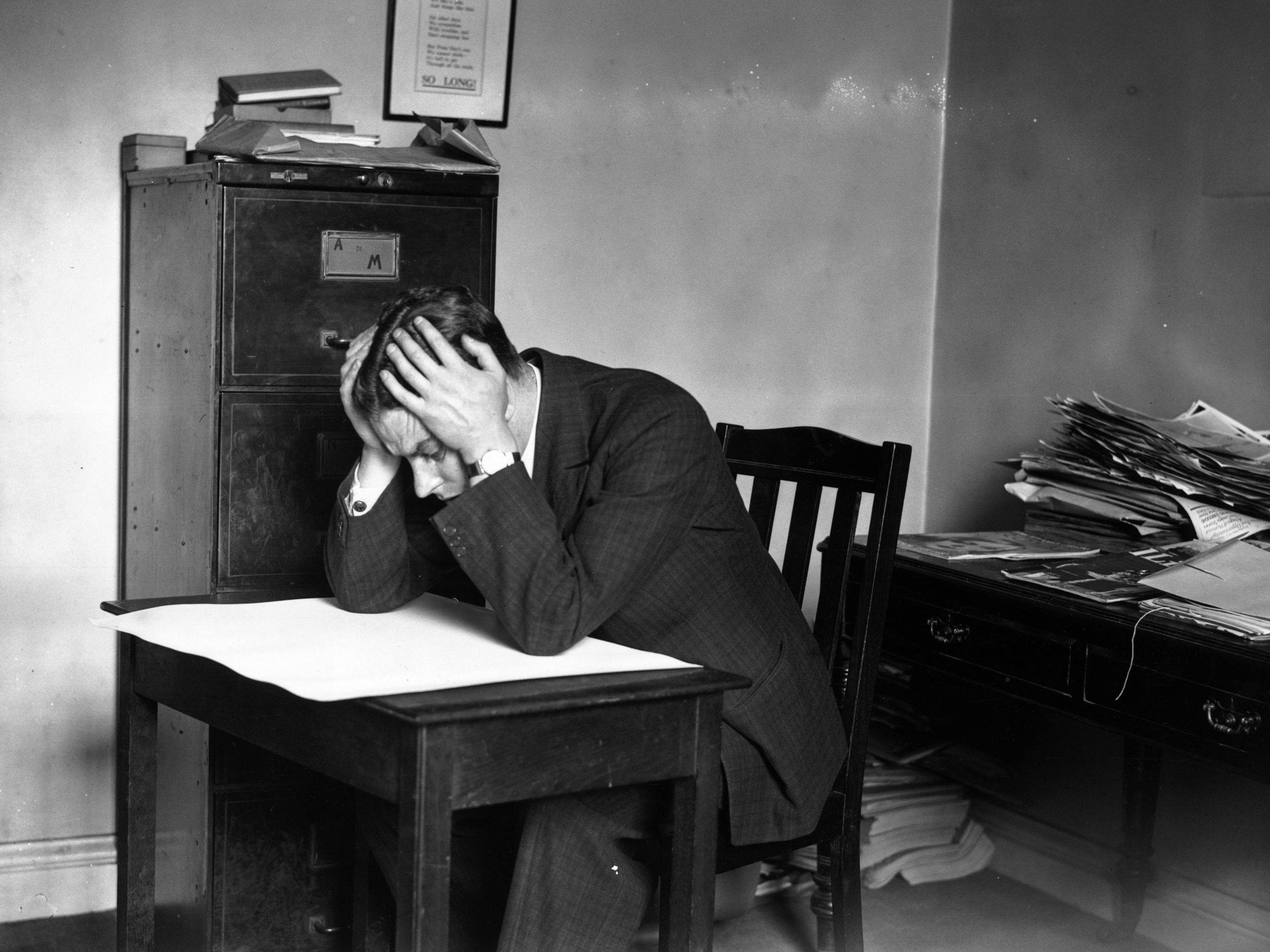Anxiety worsens our ability to empathise with others, university study discovers
The University of Iowa study suggests that anxiety can reduce our ability to see the point of view of others

Your support helps us to tell the story
From reproductive rights to climate change to Big Tech, The Independent is on the ground when the story is developing. Whether it's investigating the financials of Elon Musk's pro-Trump PAC or producing our latest documentary, 'The A Word', which shines a light on the American women fighting for reproductive rights, we know how important it is to parse out the facts from the messaging.
At such a critical moment in US history, we need reporters on the ground. Your donation allows us to keep sending journalists to speak to both sides of the story.
The Independent is trusted by Americans across the entire political spectrum. And unlike many other quality news outlets, we choose not to lock Americans out of our reporting and analysis with paywalls. We believe quality journalism should be available to everyone, paid for by those who can afford it.
Your support makes all the difference.New social research conducted in America suggests that anxiety may reduce our ability to empathize with other people or understand their emotions.
The study, led by Andrew Todd from the University of Iowa, performed experiments with subjects who had had their anxiety levels artificially elevated, by asking them to remember anxiety-causing events they had experienced in their pasts.
Other subjects were told to remember totally neutral events, or anger or disgust-provoking ones.
First, they tested the subjects' abilities to take the perspectives of others. They presented them with a picture of a man sitting at a table with a book to his left (the subjects' right). They then asked the subjects to tell them which side of the book was on.
More than half of the non-anxious group said the book was on the left side, implying they had taken the perspective of the man in the picture. Meanwhile, only around quarter of anxious people gave this answer, suggesting their mental state had affected their ability to see things from the point of view of others.
The second test saw subjects being told of a scenario revolving around Nick, a first-year university student, David, a second-year student, and Professor Jones, a teacher. Unbeknownst to Nick, Professor Jones had been rude to David in the past.
Nick emails David asking him whether he should take a class with the Professor. David replies: "Oh yeah, Professor Jones is a real nice guy." Test subjects were then asked whether Nick interprets David's email as sarcastic or sincere.
The anxious people were more likely than the non-anxious people to think that Nick would see the email as sarcastic - even though Nick had no idea that Professor Jones had previously been rude to David, and therefore would be unlikely to think that his friend was being sarcastic.
According to the study, this shows that anxiety can have the effect of blinding some people to the emotions and attitudes of others.
Unfortunately, anxiety is likely to crop up in scenarios where empathising with others is important - such as on dates, at family reunions, or in job interviews.
This negative effect of anxiety could therefore affect people in similar situations - but by being aware of the effect and working to overcome it, you could be able to empathise a bit better.
Join our commenting forum
Join thought-provoking conversations, follow other Independent readers and see their replies
Comments